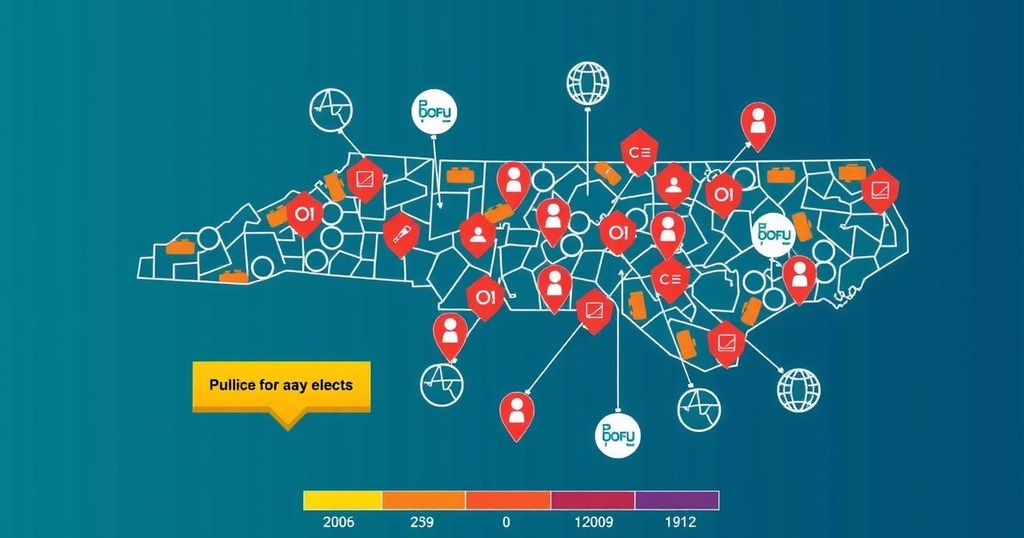The 2024 elections in North Carolina have resulted in significant changes in public education leadership, with the election of Mo Green as superintendent and a potentially collaborative atmosphere among Democrats. The governor, lieutenant governor, and state legislature will be instrumental in shaping future education policies, focusing on increased funding and support for public schools. There is cautious optimism about the implications for educational equity and funding, contingent upon bipartisan cooperation within the legislature.
The recent elections in North Carolina signal a potential shift in public education governance, characterized by a fractured supermajority in the state House and the election of new Democratic leadership. With Mo Green as the newly elected superintendent of public instruction, the landscape of education policy may change significantly. His focus on increased funding for early learning, educator compensation, and support for disadvantaged students sets a proactive agenda. Additionally, with the election of Democrats to other key offices, including that of the lieutenant governor, there is a possibility for collaborative efforts or contention among education policymakers. The interplay between the governor, lieutenant governor, state superintendent, and the legislature will be critical in shaping the future of public education in North Carolina. Although there remains a chance of Republicans regaining a supermajority, many educators express cautious optimism that the new leadership could lead to a renewed focus on public school funding despite skepticism regarding the Republican party’s willingness to compromise.
Following the North Carolina elections, significant changes in the leadership of public education are expected. Democrat Mo Green has narrowly won the superintendent position, supported by a coalition of newly elected Democrats, including the lieutenant governor. The state’s educational direction will now be influenced by a complex mix of politicians, including the governor who appoints the state board of education members. The state legislature, holding immense power over educational policies, will also play a decisive role, with potential shifts in balance due to the recent elections. Understanding these dynamics is crucial for predicting future educational policies in North Carolina.
The combination of a newly elected Democratic leadership and the potential for bipartisan collaboration could mark a pivotal moment for public education in North Carolina. Mo Green’s priorities, focused on enhancing funding and support for public schools, reflect a shift towards advocating for educational equity. However, the ongoing influence of the Republican-controlled legislature remains a significant factor, which could hinder progress if a supermajority is regained. Therefore, the path forward for public education will depend on how effectively these leaders can navigate their roles and work collaboratively to meet the needs of all students.
Original Source: www.charlotteobserver.com






